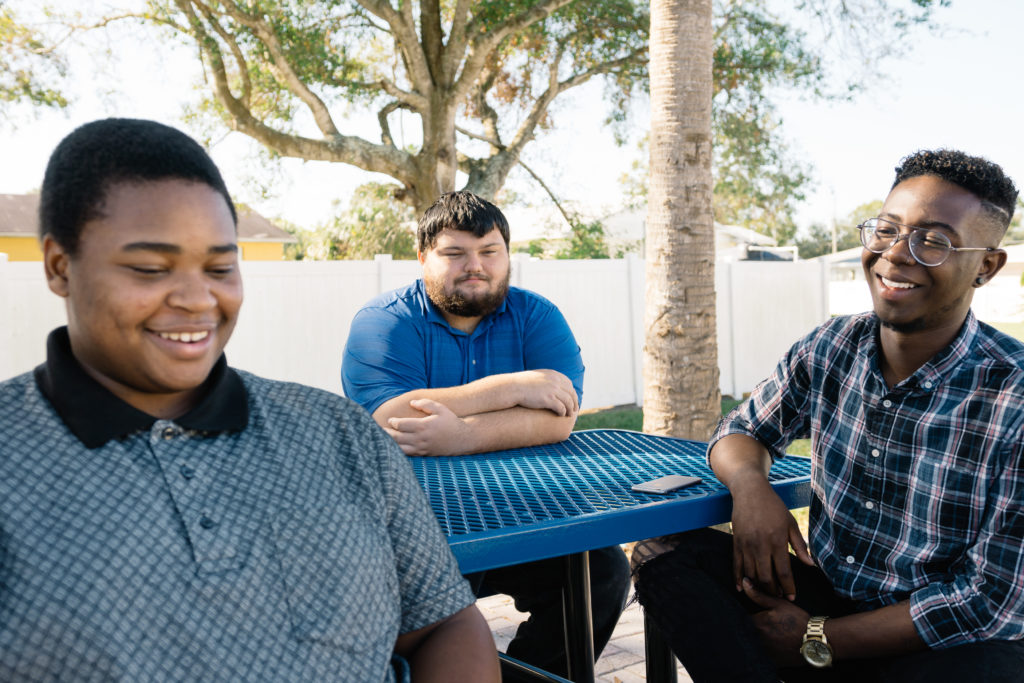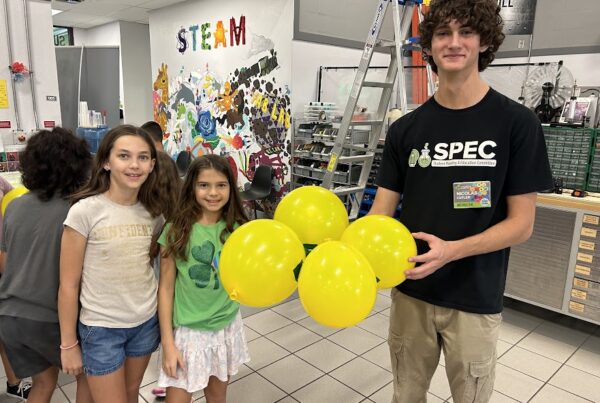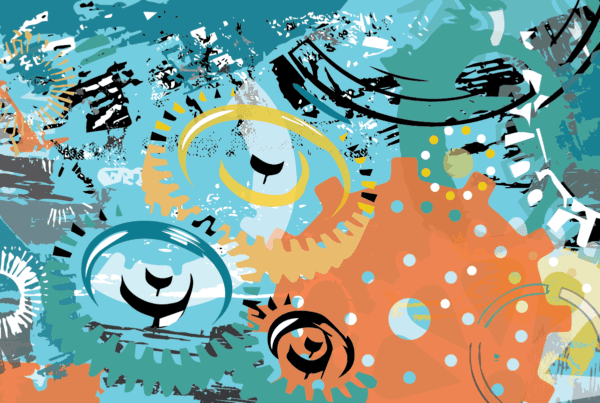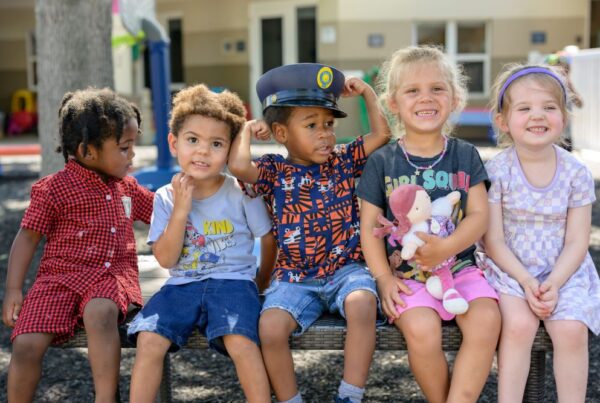Imagine you’re a teenager who has drifted between living out of cars and a dozen different foster care homes. You just want two things: a stable home and your independence. But after aging out of the system, you discover your own mom has stolen your social security number and ruined your credit. Just as you’re beginning your journey into adulthood, you are now struggling to qualify for housing, unable to take out college loans, and can’t even start a cellphone plan—all through no fault of your own.
This painful scenario is a reality many foster care children endure alone.
In response, Legal Aid of Manasota recently launched a Legal Lifeline for Youth program to represent foster youth ages 14 and up in the 12th Judicial Circuit.
There are more than 1,600 children in foster care in Sarasota and Manatee counties, and even more who have aged out. In the foster care system, the only party not entitled to an attorney is the child. The majority are left to juggle complex legal nightmares alone to claim their independence and fight back against fraud.
“This program will be life-saving in many regards,” says Linda Harradine, Executive Director of Legal Aid of Manasota. “Each child will receive a Legal Health Check-Up to address unmet legal needs such as accessing medical and educational benefits, obtaining important records, and mitigating fraud. Furthermore, by our representing children in foster care, or aging out of the system, we will be providing a legal safety net, preventing homelessness and ensuring financial stability.”
This unique program will utilize two full-time attorneys to represent children at all stages of dependency proceedings; ensure judges have information to make decisions; engage in conflict resolution; and coordinate placement and transition plans which are the least disruptive to the child.
Funded by a three-year, $540,000 grant from the Charles & Margery Barancik Foundation, the pilot program will expand partnerships with organizations like Guardian Ad Litem, Harvest House, JFCS, the Sarasota County Bar Association, and others.
“The stories of these children are heartbreaking,” says Teri A Hansen, President | CEO of the Barancik Foundation. “This program ensures children are not punished for the bad choices their parents and others made.”
Foster children are more likely to become victims of identity theft, often by those closest to them. Foster children are less equipped to fix their credit problems because they do not have the safety net that a family often provides. Unfortunately, children are also less likely to report family members to police, making it more difficult to remove the fraud from a credit report.
“It’s an uneasy thought—our foster care system is overloaded,” says Erin Minor, Executive Director of Harvest House. “We’ve experienced some parents who, out of their own dysfunctional upbringing, have used their children to get ahead and ruined their credit by doing it. So, when kids enter the system they can have a multitude of legal issues. Attorneys who are knowledgeable and whose singular mission is to be the voice for the voiceless are what our children deserve.”
Legal Lifeline for Youth is the first program Legal Aid has specifically designated to provide services to children. The pilot program will lay groundwork to establish a statewide model.
